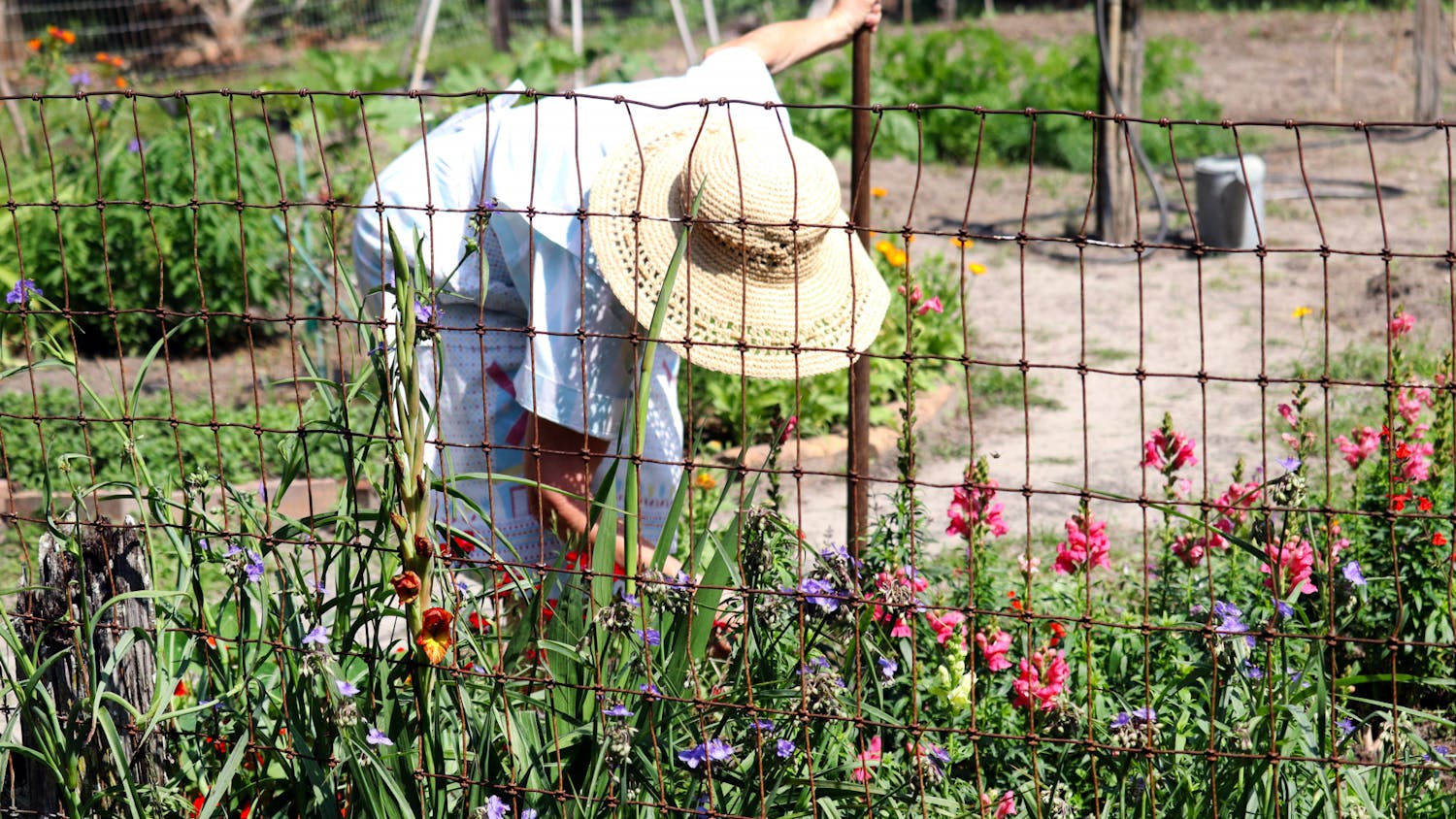Picture this: It’s Saturday morning and you desperately need a break from studying. So, you head to Paynes Prairie Preserve State Park to enjoy some fresh air and look for bison and alligators. But instead, you find industrial feedlots. And instead of the calls of sandhill cranes and hawks, you hear rifle fire and all-terrain vehicle engines from nearby hunters. The turkeys, ducks and deer you always used to see are nowhere to be found.
This ugly scene could become reality if current proposals by Gov. Rick Scott and Department of Environmental Protection Secretary Jon Steverson are passed. In a misguided attempt at frugality, they are moving to decimate Florida’s award-winning state parks system by simultaneously slashing its funding and opening park lands — including Paynes Prairie — to commercial hunting and ranching. To add insult to injury, commercial entities using park lands won’t even contribute to the parks’ funding. Instead, they will only be required to provide in-kind services, such as construction and maintenance of irrigation systems and fencing — "improvements" that would be completely unnecessary in the absence of hunting or ranching.
The intended purpose of these proposals is to save taxpayer money. Steverson has stated his goal is to make the park system entirely self-sufficient — that is, able to maintain itself solely on user fees. This may sound sensible until you consider that no state park system anywhere in the country is fully self-sufficient and user fees cover only about 40 percent of most state park systems’ budgets. Florida’s state park system — voted the top state park system in the country — already gets by with relatively little state support (user fees cover 77 percent of its budget), so Florida taxpayers are already getting a great bargain.
Taxpayers across the country gladly subsidize their parks not only out of local pride, but also for their economic benefits. In 2013, the economic impact of Paynes Prairie to the local community was calculated at $8.6 million, and it’s a safe bet none of its visitors came to see industrial ranching operations or game farms that could have been situated anywhere in the country. Are we going to undo that now just so a few private hunting and ranching interests can make a profit?
Fortunately, you have the power to help stop this. Saturday from 11 a.m. to 3 p.m., Alachua Audubon Society will be distributing pre-addressed, stamped postcards so you can let your elected representatives know you won’t stand silent as Gainesville’s premier natural attraction is destroyed. All you have to do is sign your cards and add a personal message if you wish (a brief, preprinted message is already included). We will be at Wild Birds Unlimited, located at 4212 NW 16th Blvd. (next door to Flying Biscuit Cafe).
The DEP is already talking to ranchers about using Paynes Prairie lands. But public outcry against this plan is also getting noticed in Tallahassee. The only thing that can keep Paynes Prairie safe is widespread, persistent public opposition, and every voice counts. When Gators talk, Tallahassee listens. Join us Saturday at Wild Birds Unlimited and make sure your voice is heard.
Felicia Lee is a board member of the Alachua Audobon Society and a former visiting UF assistant professor of linguistics.





